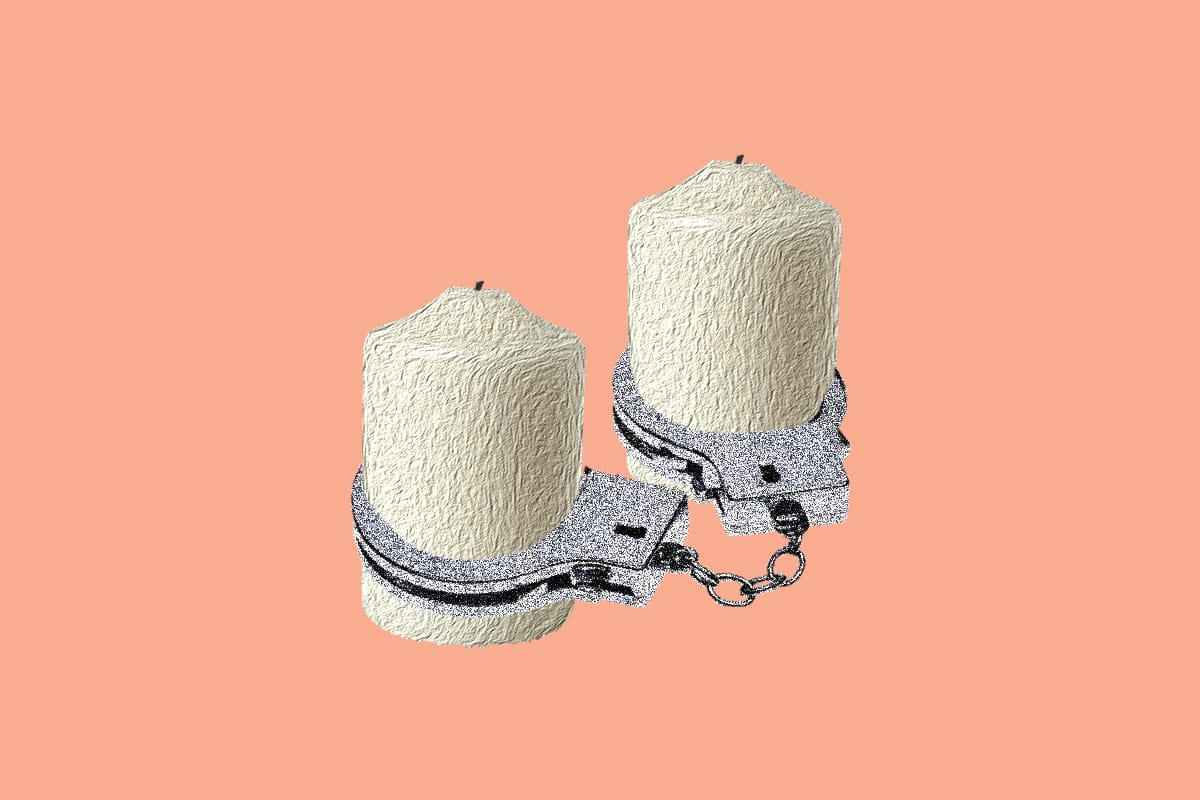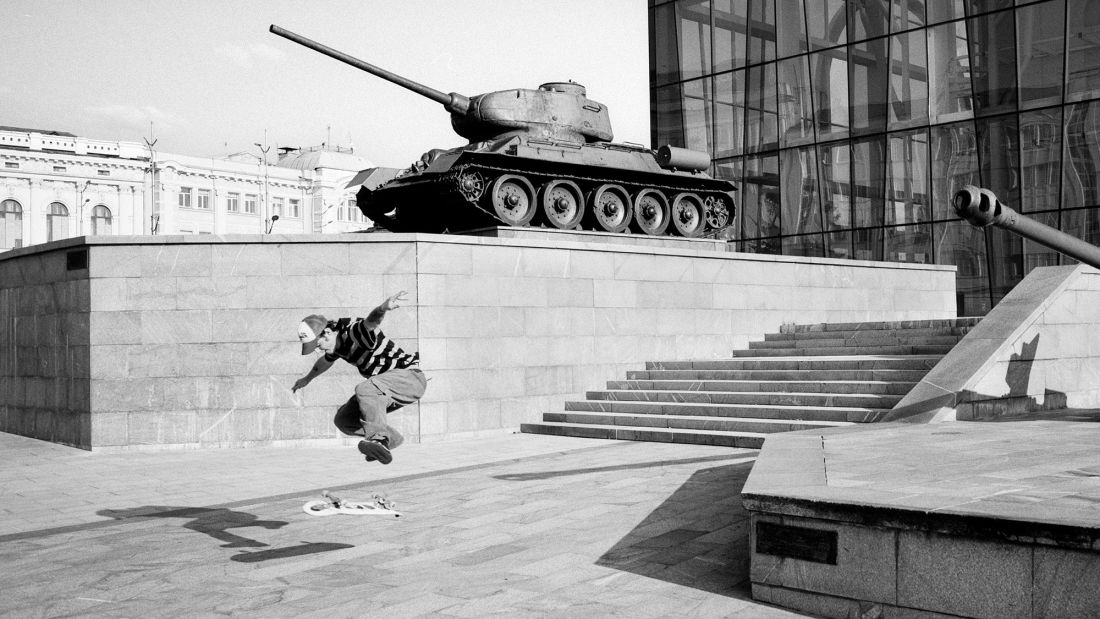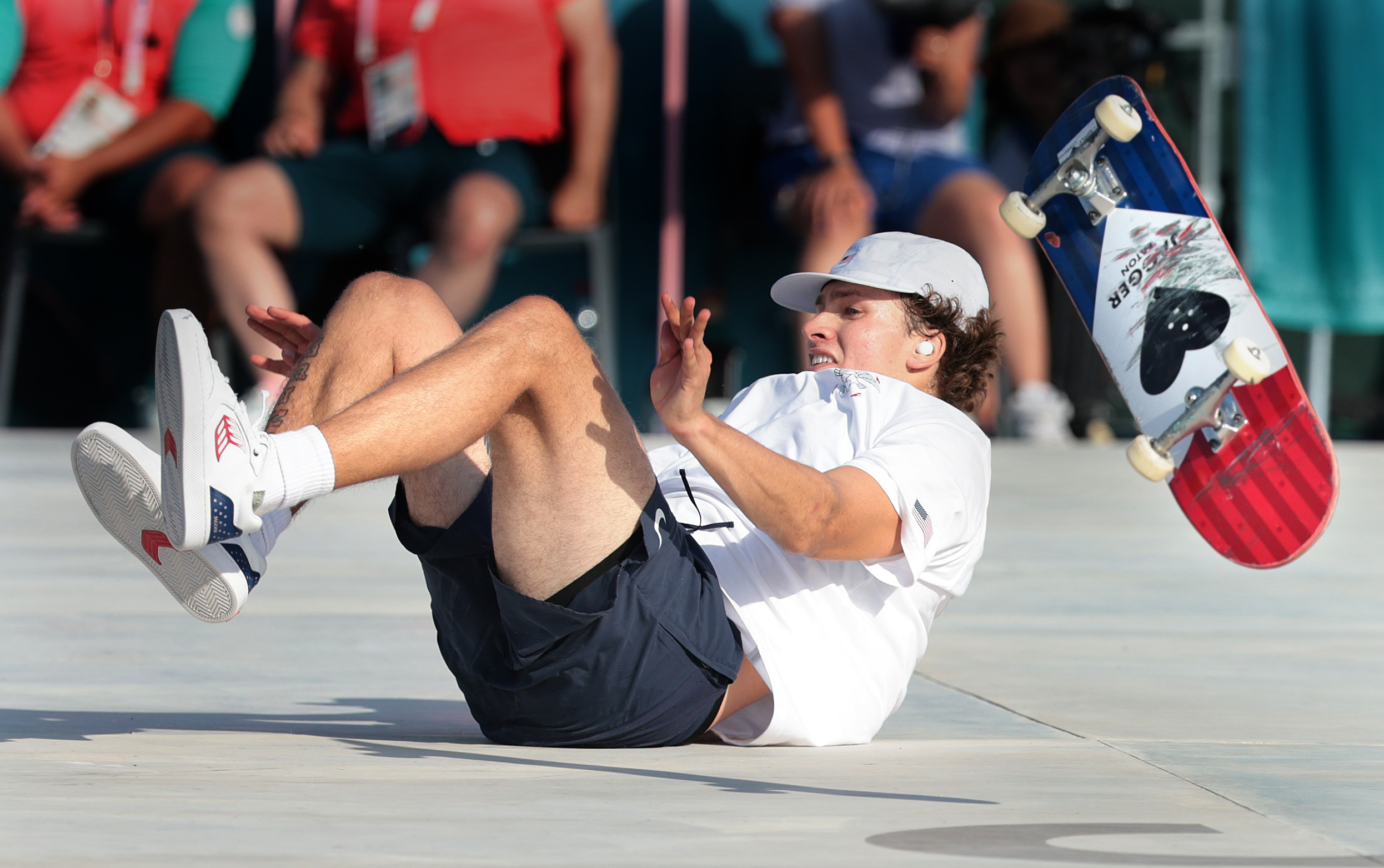What if faster won't work?
Jagger, waxed? A special report from Mike Munzenrider. Plus: Olympic skateboard street recap, the Gray Lady swings, misses, and more.

The definitive weekly ranking and analysis of all the skateboarding and other things online that I cannot stop consuming and how it makes me feel, personally.

Paris 2024 Olympic skateboarding recap: part 1
Rank: 🥇
Mood: 🇯🇵
In last week's Paris 2024 Olympic skateboarding primer, I made a few predictions about how things would go down across the skateboard street and park events at this year's Games. The women's skateboard street finals took place on Sunday, with the men's event getting postponed to Monday due to a rain delay on Saturday (the women's and men's park events are scheduled for August 6 and 7, respectively). Some of my predictions came to pass, others were in the ballpark, and a few more were, shall we say, not quite it.
Full disclosure: I only watched the finals for both men's and women's street because, even if I am a self-declared sicko for this shit, I wasn't about to wake up at 3am Pacific Standard Time to watch the prelims. So let's go over those finale happenings, the podium places, and most importantly, my prognostications for the Paris 2024 Olympics, starting with women's skateboard street.

Women's skateboard street: RESULTS
🥈 Liz Akama (JPN)
🥉 Rayssa Leal (BRA)
In the end, they'd finish as they qualified, as Yoshizawa, Akama, and Leal came into Paris ranked 1-3, and each left Paris with the same, albeit shinier, designations.
Yoshizawa dominated throughout, placing first in the prelims and taking gold by a margin of nearly 7 points. It was a phenomenal showing for the 14-year-old, who was a near-unknown just two years ago. She'd complete two stellar runs that scored in the mid-to-high 80s and landed three best trick attempts, including a victory-lap frontside hurricane down the main handrail after clinching the win.
While she bungled her first run, Akama would ace the second and was, in my eyes, one frontside-feeble-front-180 in best trick away from gold. Leal, the division's superstar and fan-favourite, mostly struggled throughout. She wasn't able to complete her runs and eeked out only two of five best trick attempts, including one of the best kickflip-backside-lipslides you'll ever see.
Overall, the women's street finals were a mixed bag performance-wise. From an outsider's perspective, I'd chalk much of that up to the course. Watching from home, it didn't appear to flow well, leaving some skaters pushing for extended periods between tricks. It also had a number of big, high-scoring obstacles that required the whole length of the course to get speed for, which significantly ate up individual run times. On top of that, according to the broadcast, the fresh, bright concrete was hard on the eyes under the heavy sun and limited the visibility of the athletes.
When all was said and done, there were only a handful of completed runs, and two athletes got skunked on the best trick section. Regarding the latter, that was just poor strategy, as Funa Nakayama stuck with attempting a frontside-crooked-grind down the centrepiece rail through all five attempts, as Chloe Covell did with a 50-50 kickflip down the neighbouring handrail. It was a bit of a sad irony — perhaps even a Chekhov's trick situation — considering Covell won several contests this past year with the same trick that ultimately doomed her on the biggest stage.

While it wouldn't have changed the results, there was also some questionable scoring. Yoshizawa's championship-winning bigspin-kickflip-frontside-boardslide netted her an astonishing 96.49 points. It was beautifully executed, to be sure, but a puzzling high score, as tricks like Akama's frontside-270-lipslide down the same rail garnered just 92.62. Similarly, Leal scored 71.66 on an incomplete run, keeping her in podium contention while other skaters felt the brunt of stepping off more acutely. Judging is no easy task, but even Craig McMorris on the Canadian broadcast was repeatedly surprised by the scores that came in.
I realize this is coming off a bit negative, but that stuff aside, it was an incredibly fun, exciting watch and still a solid showcase of some of the world's best talent, many of whom are still coming into their own, as the average age of the finalists is just 15.8. The progression of the skaters from Tokyo 2020 to Paris 2024 was also evident, and I can't even begin to predict what they'll bring to the proverbial table come Los Angeles 2028 — if the literal water wars haven't started by then.
Speaking of predictions...
Women's skateboard street: PREDICTIONS RESULTS
This is what I thought the podium would look like last week.
🥇 Liz Akama (JPN)
🥈 Chloe Covell (AUS)
🥉 Rayssa Leal (BRA)
1/3 ain't bad. Woulda been 2/3 if Akama held onto the frontside-feeble-180...
Not this time.
Heyn made the finals and established herself as an apprentice Switch God on the way to 6th place, with switch-50-50s down the big rail, nearly riding away from a switch-smith, and eating some serious shit along the way. Was it a star-making performance? It might be too early to say, but I will say so anyway: yes.
Poe Pinson is back on the scene after recovering from an injury. The new There Skateboards rider is creative, fearless, and consistent. I would not be surprised in the slightest if she made the top 10 or higher.
Nailed it. Pinson looked great and was a highlight of the finals, getting incredibly gnarly by hitting the large gap-to-rail and clearly having a good time doing so. She'd land in 5th place overall.
Final thought: Yoshizawa just won an Olympic gold medal while wearing a pair of Lakai. That's got to be the most exposure the brand has had in years, if ever. To my surprise, she isn't featured on their website's "team" page. Is she even flow ? What's going on over there? Someone do something!

Paris 2024 Olympic skateboarding recap: part 2
Rank: 🥇
Mood: 🇯🇵

Men's skateboard street: RESULTS
🥈 Jagger Eaton (USA)
🥉 Nyjah Huston (USA)
This may sound like hyperbole, but I assure you it is not: the men's skateboard street final was one of the most impressive displays of competitive skateboarding I've ever seen. Nearly every finalist brought it across the run and best tricks sections, with only two skaters not landing a complete run and only one skater not scoring in the 90s at least once (Argentina's Matias Dell Olio stumbled in both sections). That high-level consistency made it a tense back-and-forth affair, with athletes taking and losing podium positions with nearly every attempt.
It was a departure from Tokyo 2020, which saw the men's skaters consistently struggle. Here is just a sample of the single tricks landed down the largest hubbas and handrails on the course in Paris, most first or second try:
- Heelflip-frontside-noseblunt
(Richard Tury) - Fakie-heelflip backside-lipslide
- Fakie-360-flip backside-lipslide
- Fakie-frontside-270-lipslide
(Cordano Russell) - Caballerial-backside-tailslide-bigspin
- Alley-oop-backside-190-fakie-5-0
(Sora Shirai) - Switch-backside-noseblunt
- Nollie-270-frontside-bluntslide
(Jagger Eaton) - Switch-heelflip-frontside-tailslide
- Nollie-heelflip-noseblunt
(Nyjah Huston)
The feasibility of most of those tricks would have been laughable 4-5 years ago, especially on command, in competition, and in front of the world. But here we are, in a present that sure feels a lot like the future.
Big picture-wise, this was the showing Team USA needed following the Games in Tokyo, where Eaton was the only American skater who managed to medal with a bronze after Huston flamed out entirely. While they didn't get gold, they took home everything else, and if Eaton had landed his nollie-270-blunt cleaner, he'd be at the centre of the podium, having been bested by Horigome's own nollie-270-blunt (spun the opposite direction) by just a tenth of a point.

The flow of the course wasn't as much of an issue on the men's side, or they were at least able to operate better within its confines. Completed runs were generally straight back-and-forth efforts that didn't look particularly fluid or, for that matter, fun. Only a handful of the athletes made use of the large quarterpipes on the far side of the course with tricks other than axle stalls or simple kick turns, and a lack of obstacle variety meant that almost every trick attempted was down a rail or ledge. I imagine the only manuals that happened in Paris were off-target 5-0s and nosegrinds down the hubbas.
That said, and to say it again, this was an incredible display of skill. While oddsmakers counted him out, defending champion Yuto Horigome came in clutch with his signature array of nollie spins into grinds and slides to take home another gold for his Snorlax.

Who, if anyone, could have predicted this?
Men's skateboard street: PREDICTIONS RESULTS
🥇 Yuto Horigome (JPN)
🥈 Ginwoo Onodera (JPN)
🥉 Ryan Decenzo (CAN)
Horigome: Clutch. What a talent. As 'sletter friend José Vadi posed to me via DM, I wonder what the Nike SB social post would've been if Huston had won. Elsewhere, my predictions fell flat. Onodera didn't sniff the top 10, landing in 14th overall in the prelims, and my longshot of a Decenzo bronze didn't make it past 18th.
A person can dream.
Giraud would miss the finals by over a hundred points.
In my annual "Betting on the future of skateboarding" article, I predicted that Cordano Russell would win bronze for Canada and that Vincent Milou would find inspiration in his countrymen and take gold. While I don't think either will happen now, I'm going to note them again here, just in case...
If Cordano had put a solid run together, he'd have been in contention, as his consecutive best tricks scored him a 92.88, 93.32, and 94.93. He'd finish 7th overall, and at 19 years old, the future is bright. As for Milou, he'd just miss the finals, landing 9th in the prelims, but it was still a strong showing, considering he's only three months removed from a broken ankle.
Final thought: I watched the Canadian broadcast, so I didn't get to catch Ryan Sheckler on the NBC commentary team live, but after slapping on the ol' VPN to watch some NBC highlight clips, it was cool to hear that the chatter was true: he's good. Patient, poised, and knowledgeable, Shecks knows how to fill the air and add colour in an accessible but not corny way. That's no easy feat. On the CBC stream, however...



What if faster won’t work?
A special report by Mike Munzenrider
Drama in Paris! It took Yuto Horigome four tries to land his Special, that nollie 270 bluntslide* that’s both shocking and not, and yet there he was, in position to become a two-time Olympic men’s street skateboarding gold medalist. After Nyjah Huston bailed his final try of a switch heelflip crook down the Hubba, the only skater standing in the repeat’s way was Jagger Eaton. As announcer Todd Harris explained that Eaton would need a 93.98 or higher to win gold, the skater lingered by the Hubba and a smaller drama played out.
I watched the feed live from Paris Monday morning as Eaton went to wax the bannister for his last attempt of the whole contest, only to be waved off twice by a headsetted official** who seemed to be saying, “No wax, no wax.” Was this sportocrat an adherent to one of skateboarding’s oldest and brittlest unwritten rules? Was he, in effect, telling the all-terrain Arizonan to just go faster? Or is there a written rule about wax when it comes to Olympic skateboarding? The moment went unnoticed by Harris and fellow commentator Ryan Sheckler, and we’ll never know how much it mattered, or if it mattered at all – Eaton slid but lost his kickflip backside nosebluntslide down the ledge and Horigome’s repeat was in.
My text to ASICS Skateboarding team manager and former pro skater Davis Torgerson was purposefully vague. “When you did SLS, were there rules about when you were allowed to wax stuff on the course?” Torgerson, who both skated in Street League Skateboarding and judged its tour stops during his post-pro career, replied quickly. “Ha no.” He’d also sniffed out why I was asking. “Assuming this is for the Jagger thing?”
Torgerson had seen it play out but had a different interpretation of it. Back in his SLS days, he said, street course minders would make sure skaters were ready to go and in position to drop in when it was time for their run. Skateboarding for broadcast is all about precision, after all. “It more so looked to me that the guy was pissed that he wasn’t in position and ready to go,” Torgerson said. “I doubt the old guy even knew what he was doing … That was a common thing at SLS.”
By the time I was texting Torgerson, though, I already knew there were waxing regulations when it comes to Olympic skateboarding (Torgerson’s texted response when I filled him in: “Hahahaha wow”). I had tweeted about the situation, and a handful of people replied to say that once the actual contest starts, waxing obstacles is a no-no; skaters can only wax their boards or trucks. Zach Hughes, a skater and a reporter for the Anchorage Daily News, provided the most context via reply. “I interviewed Jagger after the 2021 games and he said the rule was the course would get waxed before runs started, and once they commenced, no more waxing,” he said. “It was super hot in Tokyo, and apparently in the later runs skaters had to contend [with] melty wax.”
For one more layer of confirmation, I reached out to World Skate, the self-described “governing body for all Sports performed on skating wheels.” Jeff Landi, skate photog and World Skate’s skateboarding communication manager, confirmed via email what I’d been told. Skaters are allowed to wax as much as they want during practice and warmups, but once the contest is on, the no-wax rule kicks in – it’s to make sure the course is the same for everyone. “That’s actually the first time I’ve seen that happen in competition, it’s a well known rule for them,” Landi said. “I think Jagger was just caught up in the moment.”
* While rightly lauded for his role as analyst on Olympic skateboard broadcasts for NBC, Sheckler incorrectly called Yuto’s winning trick a “nollie 270 nosebluntslide.” The misnomer was picked up by the Associated Press, ESPN and other outlets, though kudos to the official Olympic coverage for getting the Special right.
** That Olympic street course minder was Sugar Skate Co. don Marko Jazbinsek.

Wrong but also right
Rank: 🥉
Mood: 📰
If the impact of skateboarding becoming an Olympic sport wasn't already evident with the rapid growth of the sport's practitioner base, the long-delayed focus and industry support of women's skating finally coming to fruition now that Olympic medals are on the line, and the explosion of new skateboarding facilities excitedly signed off on by eager municipalities looking to capitalize on the hot new thing, then what really should drive it home is this:
The New York Times doing an in-depth interactive article on whether Japan's men's street skateboard team will struggle in Paris due to a change in the competitive ruleset. The piece argues that, according to the data, the Japanese skaters often falter in the run section, and now that a run score must go toward a skater's final score, along with only two best trick section scores (as opposed to the previous total of a skater's four highest scores across any section), Yuto Horigome, Sora Shirai, and Ginwoo Onodera — who all excel in best trick — will be vulnerable, noting that if this rule were in place at the Tokyo 2020 games, the results would've been much different.

It's an interesting and well-produced piece about a niche subject that no one in the bubble had touched. It also features interviews with skateboarding judge Jason Rothmeyer, writer Jonathan Russell Clark, Jenkem's Ian Michna, and even Canadian freestyle legend Kevin Harris for added cultural colour.

While the article's argument ultimately fell flat as Horigome won gold on Monday, this is the kind of mainstream attention skateboarding doesn't often see, the type that treats even skateboarding's subtleties with the seriousness and reverence they (mostly) deserve — and it wouldn't have happened without the Olympic angle. So sure, they got it wrong, but they were right... in caring.

Historical context
Rank: XVI
Mood: 🪓


Something to consider: Oakland's wonderful East Bay Booksellers suffered a devastating fire this week. If you're able, they've set up a GoFundMe to help get back on their feet.

Good thing: Beachy bringing it, as per usual.

Another good thing: Dan Brooks in The Guardian.

One more good thing:

An Olympic thing: I wrote this last year when Horigome appeared mired in the Olympic blues. Turns out, all he had to do to get out of them was to win another gold medal. I'm sure all is fine now.

Another Olympic thing: As the Los Angeles 2028 Olympics approach, displacement of local communities begins.

Yes, just one more Olympic thing, I swear:

I lied:
A good shoe thing: Village Psychic talked to the folks behind ASICS' recent push into the skateboarding market.

Another Village Psychic thing: I had a nice chat with Mike from VP about my latest book, how I feel bad about being so critical of Ty Evans' later works, basketball, and more. FOR PATRONS ONLY! :)
Until next week… just be yourself.



Laser Quit Smoking Massage
NEWEST PRESS, available April 1, 2024
--------------------------------
My new collection of essays is available now. I think you might like it. The Edmonton Journal thinks it's a "local book set to make a mark in 2024." The CBC called it "quirky yet insightful." lol.
Book cover by Hiller Goodspeed.

Right, Down + Circle
ECW PRESS
--------------------------------
I wrote a book about the history and cultural impact of Tony Hawk’s Pro Skater that you can find at your local bookshop or order online now. I think you might like this one, too.
Here’s what Michael Christie, Giller Prize-nominated author of the novels Greenwood and If I Fall, If I Die, had to say about the thing.
“With incisive and heartfelt writing, Cole Nowicki unlocks the source code of the massively influential cultural phenomenon that is Tony Hawk’s Pro Skater, and finds wonderful Easter-eggs of meaning within. Even non-skaters will be wowed by this examination of youth, community, risk, and authenticity and gain a new appreciation of skateboarding’s massive influence upon our larger culture. This is my new favorite book about skateboarding, which isn’t really about skateboarding — it’s about everything.”
Photo via The Palomino.












